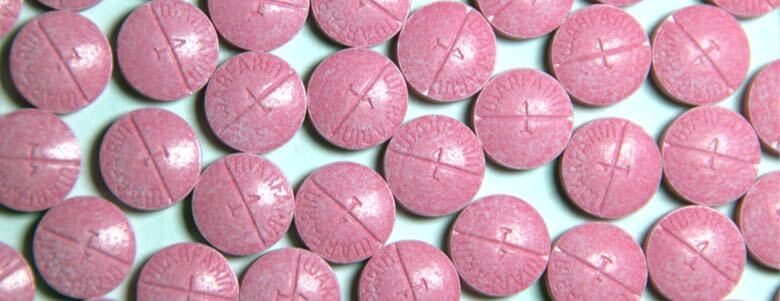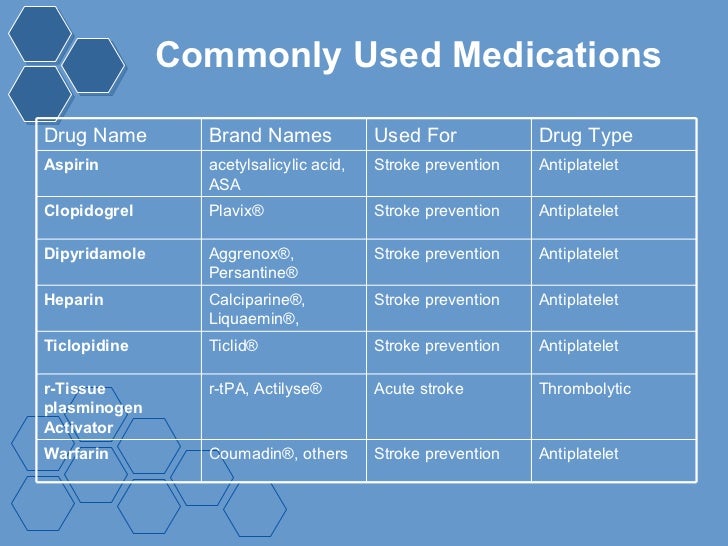

Compared to aspirin ≤ 150 mg/day, clopidogrel significantly reduced the risk of all strokes, cardiovascular events, and intracranial hemorrhage outcomes. Aspirin > 150 mg/day and the combinations clopidogrel/aspirin, ticagrelor/aspirin, also decrease all strokes but increase the risk of hemorrhagic events. Compared to placebo/no treatment, moderate to high-confidence evidence indicated that cilostazol, clopidogrel, dipyridamole + aspirin, ticagrelor, ticlopidine, and aspirin ≤ 150 mg/day significantly reduced the risk of all strokes (odds ratios, ORs and absolute risk difference, ARD): cilostazol 0.51 (95 % confidence interval, CI, 0.37 to 0.71 3.6 % fewer), clopidogrel 0.63 (95 % CI, 0.49 to 0.79 2.7 % fewer), dipyridamole + aspirin 0.65 (95 % CI, 0.55 to 0.78 2.5 % fewer), ticagrelor 0.68 (95 % CI, 0.50 to 0.93 2.3 % fewer), ticlopidine 0.74 (95 % CI 0.59 to 0.93 1.9 % fewer), aspirin ≤ 150 mg/day 0.79 (95 % CI, 0.66 to 0.95 1.5 % fewer). The review included 57 RCTs, 50 ( n = 165,533 participants) provided data for the meta-analyses. Primary outcomes were all strokes (ischemic or hemorrhagic) and all-cause mortality.

We did pairwise meta-analyses and network meta-analyses using random-effects models. Randomized controlled trials (RCTs) assessing antiplatelet drugs for secondary stroke prevention were included. We searched MEDLINE, EMBASE and CENTRAL up to September 2020. Within this network meta-analysis we aimed to summarize the current evidence for using antiplatelet drugs for secondary stroke prevention. Antiplatelet drugs may prevent recurrent ischemic events after ischemic stroke but their relative effectiveness and harms still need to be clarified.


 0 kommentar(er)
0 kommentar(er)
